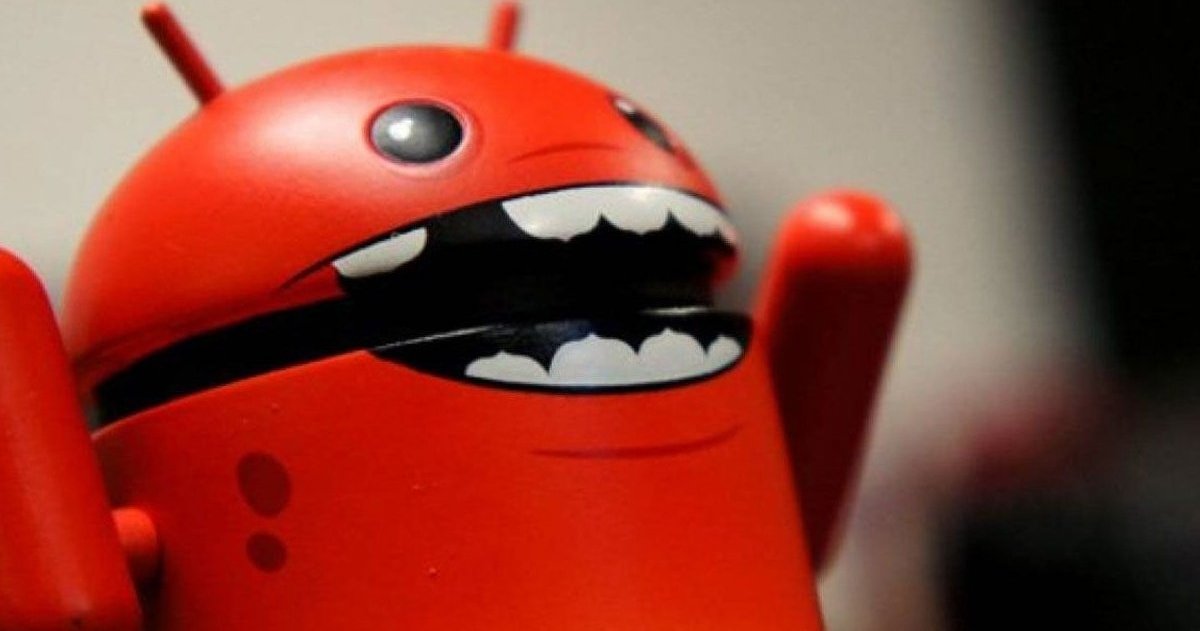Other malware discovered on Google Play: New threat, known as Autolycos, can steal money from your account based on subscription to premium services
In total, eight infected applications were submitted Over three million downloads, and, for some reason, Google decided not to remove them from the Play Store until the report became public Now, a year after its discovery, we know all the facts of its case Attack targeting Android users That security researcher Maxime Ingrao Baptized as “Autolycos”..
The operation This malware is, in a certain way, reminiscent of another old one known to Android users: the joker. And that Autolycos will enable Subscribe users to SMS and calling services premiumThus emptying their bank accounts bit by bit.

Malware known as “Autolycos” can destroy your bank account
The infected apps have accumulated more than three million downloads
The firm’s investigator Evinatec expressed threats June 2021Warning about its existence A total of eight applications were infected with autolycos. The full list of apps, along with the number of downloads they have garnered, is available below:
- Vlog Star Video Editor | + 1 million downloads
- Coco Camera v1.1 | + 1000 downloads
- GIF Emoji Keyboard | Download +100000
- Wow beauty camera Download +100000
- Funny camera +500000 downloads
- Razer Keyboard and Theme | Download +50000
- FreeGlow Camera 1.0.0 | +5000 downloads
- Creative 3D Launcher | + 1 million downloads
They are all inclusive Cheat code capable of Load the URL remotely in the browser, to attack. This consists of Membership of Service Users premium. Also, the apps have got the required facilities Access the content of users’ SMSThe risks involved (for example, reading single-use verification codes).
Attracts attention Huge number of downloads Which collected a total of eight applications, reaching over three million installations. In this sense, the researchers explained that the attackers Run massive advertising campaigns on platforms like Facebook.
This is probably the worst part of the case Google has been aware of the existence of Autolycos since June 2021But the company ignored it, and it can still be found today Two of the eight apps In the store catalog. For this reason, the researcher decided to make his findings public on July 13, with the aim of warning the public, and preventing more people from infecting their devices with this new malware.













